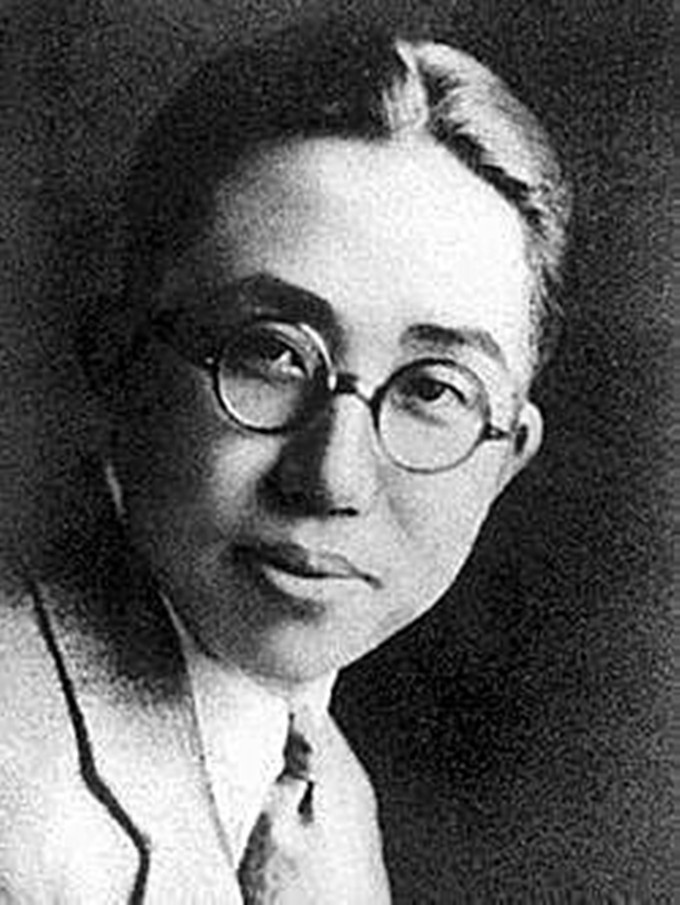|
||||||||||||||||||||||||||
 |
 |
|||||||||||||||||||||||||
|
|

|
|||||||||||||||||||||||
|
|
|
||||||||||||||||||||||
| 黄自(Huang Zi 1904-1938) | |||||||||||||||||||||||
《長恨歌》全集 (黃自作曲/韋瀚章作詞/第七樂章由林聲翕補遺 |
|||||||||||||||||||||||
|
Echo合唱团「黄自声乐作品」专场音乐会 2017年7月9日 上海交响乐团音乐厅·主厅 男中音:沈洋 女高音:龚爽 指挥:洪川 钢琴伴奏:潘岱砚 谢尔盖·拉赫玛尼诺夫:练声曲第14号,Op. 34 |
|||||||||||||||||||||||
|
|
|||||||||||||||||||||||
|
音乐历史上的今天
1958年5月9日黄自逝世。
《长恨歌》是一部抒情、戏剧性的清唱剧,内容取材于唐代着名诗人白居易的同名长诗,并选用其中的诗句作为各乐章的标题,在剧情结构于段落布局方面,还参照了清代洪升创作的传奇剧本《长生殿》。我国音乐家黄自便同诗人韦瀚章运用歌曲这一斗争的武器,以唐代诗人白居易的《长恨歌》为题材,写下了我国第一部清唱剧《长恨歌》,借唐明皇不理朝政对国民党反动政府进行了有力的讽刺。歌中唱道:“只爱美人醇酒,不爱江山……”它向人们宣告,腐败的政治必然会导致民族的灾难,它有力地配合了我党领导的抗日救亡运动。 |
|
||||||||||||||||||||||
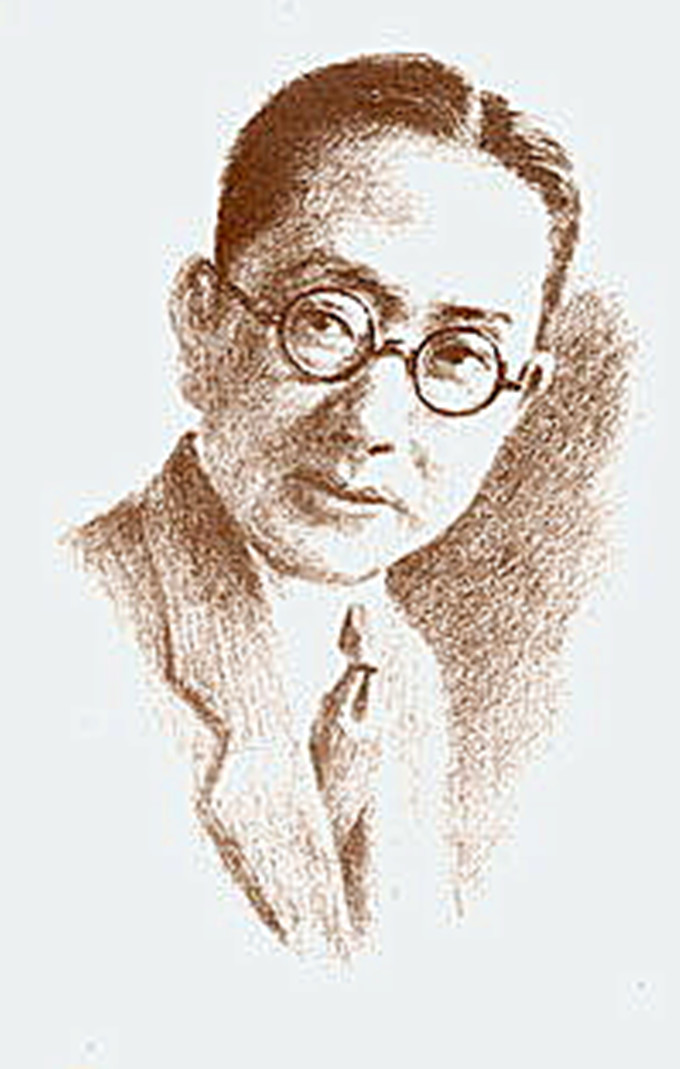 |
|||||||||||||||||||||||
| 黄自(Huang Zi ) | |||||||||||||||||||||||
|
黄自原计划要写十个乐章,但属于独唱部分的第四、第七、第九乐章因故未及完成。作者创作这郎清唱剧,一方面是为了填补合唱教材中缺乏中国作品的空白,另一方面也有针砭时弊的积极意向。 作品反映了在日寇加紧侵华、亡国之祸迫在眉睫,“九·一八”事变后,日本帝国主义的侵略日益猖獗。他们不断深入内地,并在上海挑衅,当时驻淞沪的国民党第十九路军英勇反击,而腐败的国民党当局却采取不抵抗政策,在这民族生死存忙严重局势下,广大人民群众的爱国热情和日益觉醒的民族意识。 《长恨歌》是黄自从欧美留学回国后,创作的第一部大型作品,也是他短暂一生中留下的规模最大的一部声乐作品。虽属末完成之作,但已包括了自居易原作的主要内容和场面,不失其情节的连贯性与结构的完整性。这部清唱剧的音乐形象鲜明生动,音乐和歌词的配合紧密无间,个别乐章在民族风格的旋律、和声与配器的尝试,是很有创见的。 1933年,在一次音乐会上,上海音专首次演出了这部未完成的清唱剧——其中“七月七日长生殿”和“山在虚无缥缈间”,是几十年来在音乐会上演出最多的两个乐章。 这部大型声乐套曲共分十个乐章,但黄自只完成了其中的七个乐章的谱曲工作;这七个乐章分别是: 一、仙乐风飘处处闻(混声四声部合唱) 二、七月七日长生殿(女声三声部合唱及女高音和男低音的独唱、二重唱) 三、渔阳鼙鼓动地来(男声四声部合唱) 五、六军不发无奈何(男声四声部合唱) 六、宛转蛾眉马前死(女高音独唱) 八、山在虚无飘渺间(女声三声部合唱) 十、此恨绵绵无绝期(混声四声部合唱及男低音独唱) 一九七二年,林声翕补写了《长恨歌》的第四、第七、第九乐章。 歌词: 黄自(1904—1938)曲 韦翰章词、林声翕补遗 仙乐飘飘处处闻 骊宫高处入青云。 歌一曲,月府法音,霓裳仙音匀, 舞一番,羽衣回雪,红袖翻云。 宛似菡萏迎风,杨枝招展。 飘飘,飘飘,欲去却回身。 更玉管冰弦嘹亮, 问人间,那得几回闻? 七月七日长生殿 风入梧桐叶有声,银汉秋光净, 年年天上留嘉会,羡煞双星, 只限人间恩爱总难凭,如今专宠多荣幸, 怕红颜老去,却似秋风团扇冷。 仙偶纵长生,那似尘缘胜? 问他一年一度一相逢,争似朝朝暮暮我和卿? 举首对双星,海誓山盟, 在天愿作比翼鸟,在地愿为连理枝。 两家恰似形和影,世世生生。 渔阳鼙鼓动地来 渔阳鼓,起边关,西望长安犯, 六宫粉黛,舞袖正翩翩, 怎料到边臣反,那管他社稷残。 只爱美人醇酒,不爱江山。 兵威惊震哥舒翰,举手破潼关, 遥望满城烽火,指日下长安。 惊破霓裳羽衣曲(林声翕补) 醉金樽,敲檀板,夜夜笙歌,玉楼天半, 轻歌曼舞深宫院,海内升平且宴安。 猛不防,变生肘腋,边廷造反! 只可恨!坐误戎机的哥舒翰,称兵犯上的安禄山。 咚咙咙,鼙鼓声喧,破了潼关。 諕得人神昏意乱,胆颤心寒! 没奈何,带领百官,弃了长安。 最可怜,温馨软玉娇慵惯, 只如今,怎样驱驰蜀道难! 六军不发无奈何 仆仆征途苦,遥遥蜀道长, 可恨的杨贵妃,可杀的杨丞相。 怨君王没个主张,宠信着杨丞相, 怨君王没个主张,堕落了温柔乡, 好生生把山河让,把锦锈河山让, 乱纷纷家散人亡。 宛转娥眉马前死 从来好事易摧残,只怨缘悭! 回肠欲断情难断,珠泪虽乾血未乾, 劝君王,凄凉莫为红颜叹,珍重江山! 两情长久终相见,天上人间。 夜雨闻铃断肠声(林声翕补) 山一程,水一程,崎岖蜀道最难行; 高一层,低一层,恰似胸中恨不平! 回首马嵬驿,但见万山横。 日渐暝,暮云山,猿啼雁唳添悲哽! 乱旗旌,风摇影,冷雨凄凄扑面迎。 慌忙登剑阁,雕鞍且暂停。 夜已深,人已静,潇潇雨,淅零零, 洒向幽窗,滴响铜铃, 一行行是伤心泪,一滴滴是断肠声。 风一更,雨一更,孤衾如水梦难成; 哭一声,叹一声,有谁了解此时情? 心似辘辘转,呜咽待天明! 山在虚无缥缈间 香雾迷蒙,祥云掩拥, 蓬莱仙岛清虚洞,琼花玉树露华浓, 却笑他,红尘碧海,几许恩爱苗,多少痴情种? 离,合,悲,欢,枉作相思梦, 参不透,镜花水月,毕竟梦成空。 西宫南内多秋草(林声翕补) 地转天旋,几番寒暑,历劫归来,依稀院宇。 但见那:花萼楼高芙蓉苑小, 一般的画栋雕梁,珠帘糸秀柱; 西宫南内秋草生,黄花满径牵愁绪。 怕见那:梨园子弟,阿监青娥, 斑斑两鬓霜如许, 只不见:曲奏霓裳,羽衣回舞,唉! 问玉人何处呀?玉人何处? 如今啊!夕殿飞萤,孤灯独对, 旧情新恨共谁语? 数更漏,泪如雨! 此恨绵绵无绝期 凄凄秋雨洒梧桐,寂寞骊宫, 荒凉南内玉阶空,惨绿愁红。 悠悠生死别经年,魂魄不曾来入梦, 如今怕听淋铃曲,只一声,愁万种。 思重重,念重重,旧爱新恨如潮涌, 碧落黄泉无消息,料人间天上,再也难逢。 |
|||||||||||||||||||||||
|
|
|||||||||||||||||||||||
|
Today in the
history of music Huang zi died on May 9, 1958. The first oratorio in China was the song of everlasting regret by the famous composer huang zizhuo in 1932.The lyrics of this play were rewritten by wei hanzhang according to the narrative poem of the same name by zjuyi.The eighth movement, "mountains in the emptiness", is the most moving and is often performed alone at concerts. Legend has it that Yang guifei became a fairy after her death and lived on the illusory island of penglai.The musical theme of this movement is taken from the ancient song qingping diao, which is passed down from the Ming dynasty."Qingping diao" was originally a song of the tang dynasty. During the reign of the kaiyuan dynasty, li bai dedicated to the academician. One day, the peony in a palace was in full bloom.Li zi wrote three chapters impromptu while he was drunk, which is called "qingping diao". There are ten movements in the oratorios, and huang zi finished the seven main movements. First, the fairy wind is flying everywhere, second, July 7, the changsheng temple, third, yu Yang and art drums are moving. The fifth and sixth armies are not doing anything, and the sixth are dying before turning to the crescent horse.In 1972, the first full-length (ten-paragraph) public performance was held in Hong Kong after Hong Kong composer lam sing-weng wrote the missing chapters, namely, chapter 4, chapter 7 and chapter 9. Song of everlasting sorrow is a lyrical and dramatic oratorium-based drama. The content is based on the long poem of the same name written by bai juyi, a famous poet in the tang dynasty, and the poem is selected as the title of each movement. In terms of plot structure and paragraph layout, it also refers to the legendary script changsheng dian written by hong sheng in the qing dynasty.Huang zibian, a Chinese musician, and wei hanzhang, a poet, wrote the first oratorial-style drama "song of everlasting regret" based on the song written by bai juyi, a poet in the tang dynasty, which satirizes the reactionary kuomintang government by the way that the emperor ignored the government.In the song sings: "only love beautiful people mellow wine, do not love jiangshan......"It declared to the people that corrupt politics would inevitably lead to national disaster, and it effectively cooperated with the anti-japanese and national salvation movement led by our party. Today's video: the complete collection of song of everlasting regret (composed by huang zi/written by wei hanzhang/addendum of the seventh movement by Lin sheng xi). |
|
||||||||||||||||||||||
|
|
|||||||||||||||||||||||
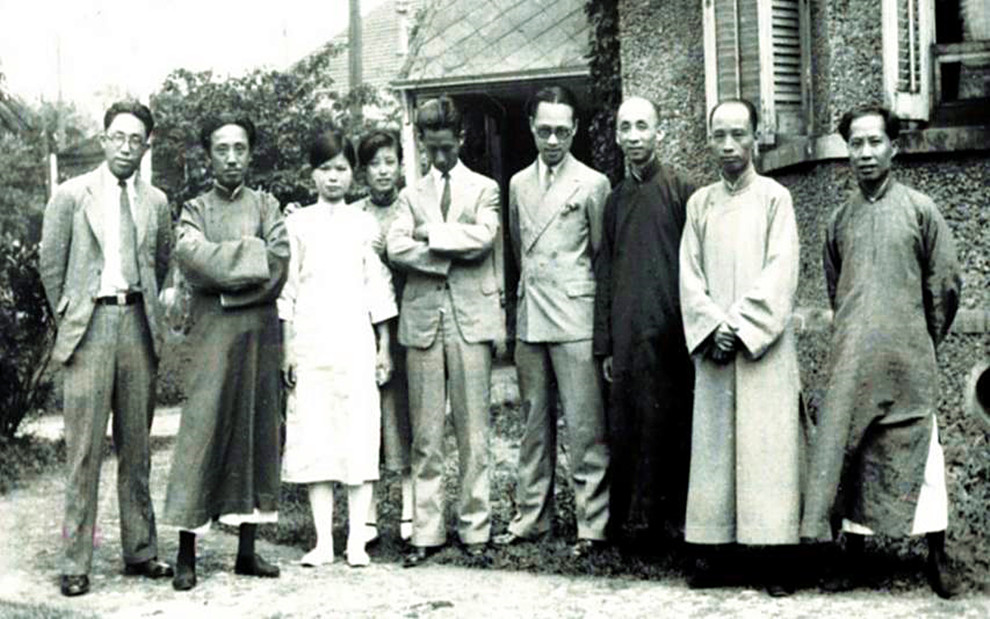 |
|||||||||||||||||||||||
| 1927年,上海音乐学院的前身 “国立音乐院” 正式成立,尽管当时才建校一年,国立音乐院已经站在了很高的起点上,建立了器乐、声乐、乐理和其他辅助科目来培养见识广博的音乐专才。1929年7月定名“国立音乐专科学校”后,萧友梅出任校长,而黄自担任教务主任。教务主任黄自(左一)、事务主任沈仲俊(左二)、琵琶教员朱英(右三)、事务员韦瀚章(右四)及其他职员在毕勋路校址。 | |||||||||||||||||||||||
| In 1927, the predecessor of Shanghai conservatory of music, the national academy of music, was formally established. Although it was only one year old at that time, the national academy of music was already on a very high starting point, establishing instrumental music, vocal music, music theory and other auxiliary subjects to train well-informed music professionals.In July 1929, when the school was named "national music academy", xiao youmei was appointed as its principal and huang zi as its academic affairs director.Academic affairs director huang zi (first from left), affairs director shen zhongjun (second from left), pipa teacher zhu ying (third from right), clerical officer wei hanzhang (fourth from right) and other staff at bixun road. | |||||||||||||||||||||||
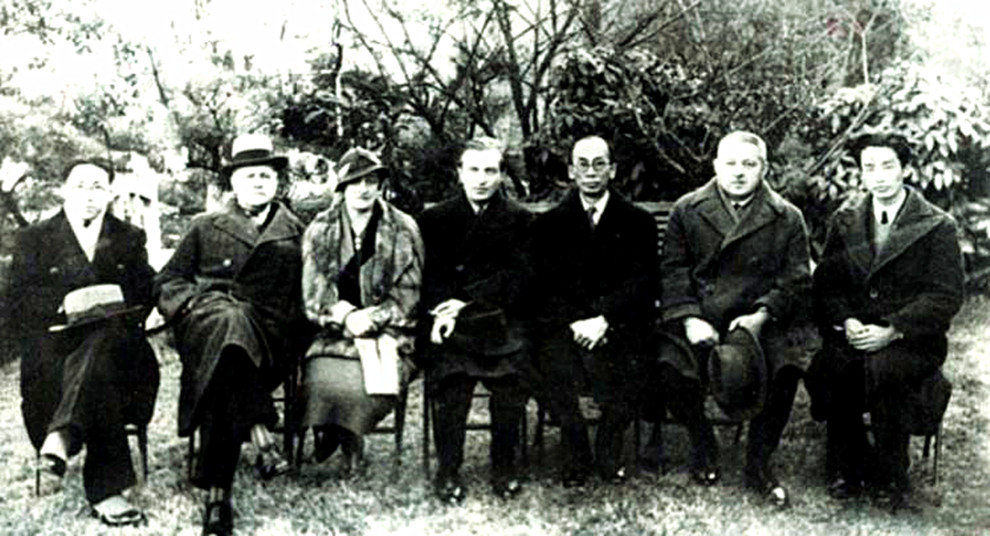 |
|||||||||||||||||||||||
| 齐尔品、萧友梅、黄自等人与贺绿汀合影,1935年2月6日摄于国立音专 | |||||||||||||||||||||||
| A group photo of qi erpin, xiao youmei, huang zi and he luting was taken on February 6, 1935 at the national conservatory of music | |||||||||||||||||||||||
|
|
|||||||||||||||||||||||
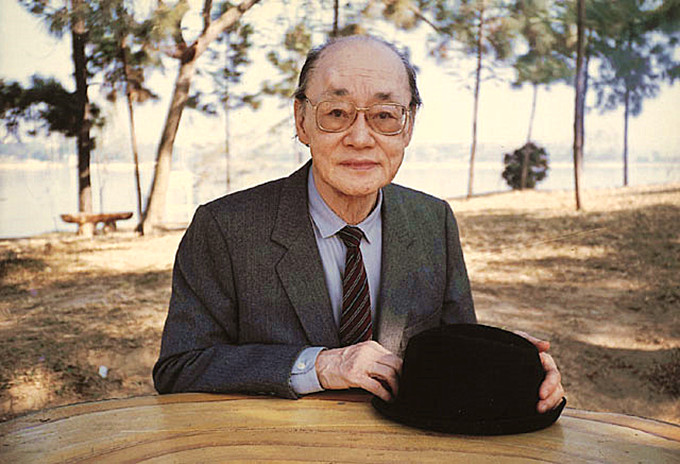 |
|||||||||||||||||||||||
|
韦瀚章(1905~1993),祖籍香山县翠薇(今属珠海市)。1950年定居香港后,担任香港基督教文艺出版社编辑、香港音专监督兼教授,荣获香港民族音乐学会颁授的荣誉会士衔。 1959年至1970年,曾应聘赴马来西亚出任婆罗洲文化代理局长、华文编辑主任暨出版主任。韦瀚章是我国的第一代从事现代歌曲创作的歌词大师。一生共创作了500多首歌词。 |
|||||||||||||||||||||||
|
Wei hanzhang (1905 ~ 1993) was born in cuiwei, xiangshan county
(now zhuhai city).After settling down in Hong Kong in 1950, he
served as editor of the Hong Kong Christian literature and art
press, supervisor and professor of the Hong Kong phonologist,
and was awarded the title of honorary society member by the Hong
Kong society of folk music. From 1959 to 1970, he went to Malaysia to serve as the acting director of Borneo culture, editor and publisher of the Chinese language.Wei hanzhang is the first generation of China's modern song lyrics masters.He wrote more than 500 lyrics in his lifetime. |
|||||||||||||||||||||||
|
|
|||||||||||||||||||||||
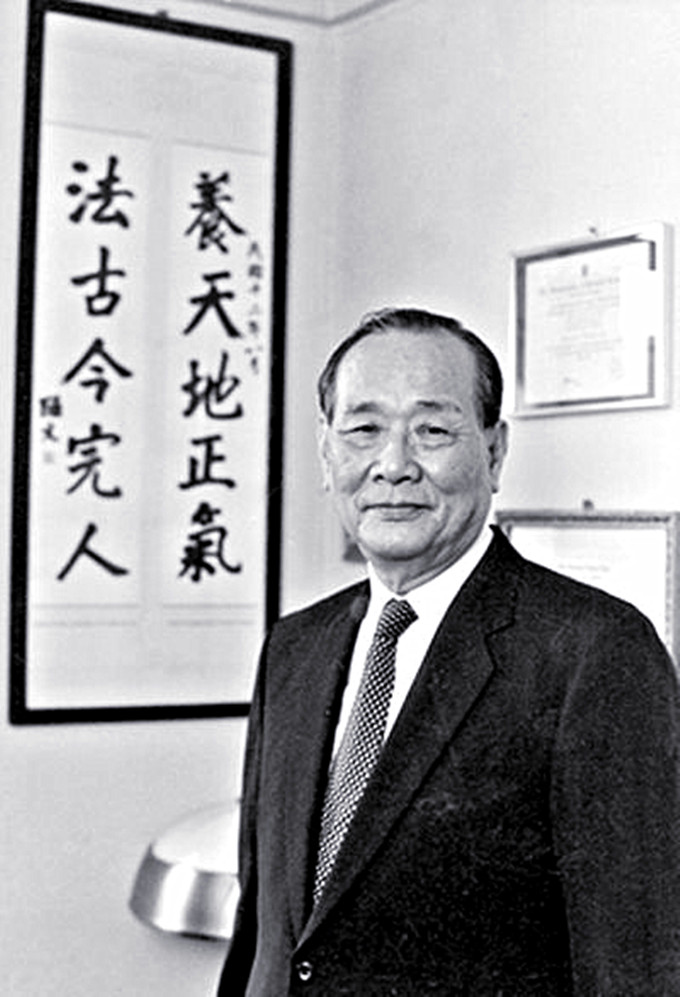 |
|||||||||||||||||||||||
|
林声翕(Lin Shengxi) 林聲翕(1914~1991),作曲家、音樂教育家、指揮家。廣東新會人。林聲翕是著名音樂家黃自門下得意弟子,二十世紀中國重要之歌樂作家,對音樂教育工作及作曲之貢獻廣獲認同,且得獎無數,其中尤以台灣所頒授之獎項為多。林先生的作品涵蓋聲樂、器樂、管弦樂及歌劇等。 |
|||||||||||||||||||||||
|
Back and forth Lin Shengxi Lin shengxi (1914 ~ 1991) was a composer, music educator and conductor.New members from guangdong.Lin shengxi is a proud disciple of the famous musician huang zi. He is one of the most important music writers in China in the 20th century. His contributions to music education and composition have been widely recognized and he has won numerous awards, most of which are from Taiwan.His works include vocal music, instrumental music, orchestral music and opera. |
|||||||||||||||||||||||
|
|
|||||||||||||||||||||||
《長恨歌》全集 黃自作曲/韋瀚章作詞/第七樂章由林聲翕補遺 |
|||||||||||||||||||||||
|
|
|||||||||||||||||||||||
| 未得原作者编者授权严禁转载www.mt77.com任何内容 | |||||||||||||||||||||||
|
|
|
||||||
|
copyright © 2003-2005 xilu.com all rights reserved. |
||||||
|
|
||||||

